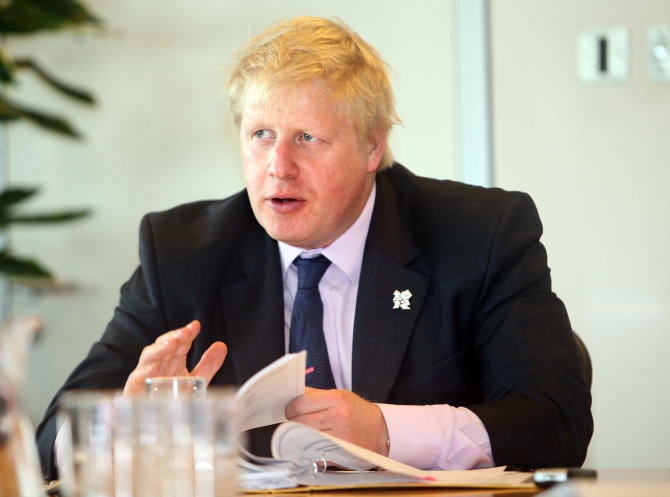The question of how to cope with the UK’s need for additional airport capacity has been one of the most contentious issues facing politicians of late, with owners of both Heathrow and Gatwick airports each pushing the Government’s Davies Commission to vote in their favour.

This week, it has emerged that these two proposals are now the front runners in the debate, as the Davies Commission has chosen to reject London Mayor Boris Johnson’s plan for a new hub airport in the Thames Estuary, dubbed ‘Boris Island.’
A number of different independent reports over the summer examining the pros and cons of the proposed four runway airport called into question whether this solution would work in the long term. Davies Commission chairman Sir Howard Davies listed economic disruption, environmental concerns and the huge initial cost as four of the reasons his panel would not be submitting Johnson’s plans for further consideration.
Creation of a hub airport on the Hoo Peninsula, according to reports, would prove devastating to the local ecological system, as the area is home to a number of protected wildlife habitats. Furthermore, the cost of building the airport has been estimated to be as much as £112 billion – hardly an ideal price tag for a country still attempting to overcome the issues presented by the recent recession.
Discussing the matter in a recent report by the commission, Sir Howard said; “While we recognise the need for a hub airport, we believe this should be a part of an effective system of competing airports to meet the needs of a widely spread and diverse market like London’s.
“We are not persuaded that a very large airport in the Thames Estuary is the right answer to London’s and the UK’s connectivity needs – the economic disruption would be huge and there are environmental hurdles which it may prove impossible, or very time consuming, to surmount.
“The need for additional capacity is urgent; we need to focus on solutions which are deliverable, affordable and set the right balance for the future.”
Although the commission’s final recommendation is not expected to be released until next summer, this announcement will prove to be a devastating blow for campaigners seeking to prevent an extension at Heathrow. Two of the three remaining options – a new runway or runway extension – lie at Heathrow, while the final choice is for the creation of a new runway at Gatwick.
Mr Johnson pledged to continue to press the issue for a Thames Estuary airport, saying; “In one myopic stroke, the Airports Commission has set the debate back by half a century.
“Gatwick is not a long term solution and Sir Howard Davies must explain to the people of London how he can possibly envisage that an expansion of Heathrow, which would create unbelievable levels of noise, blight and pollution, is a better idea than a new airport to the east of London.”